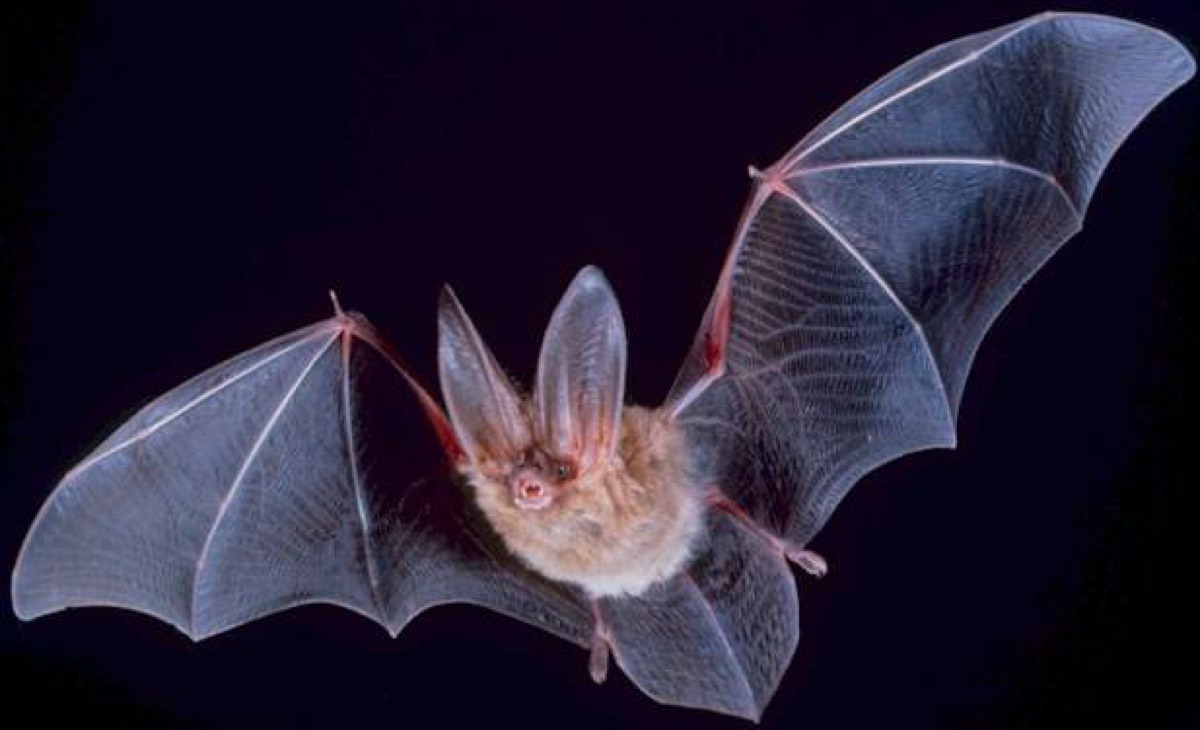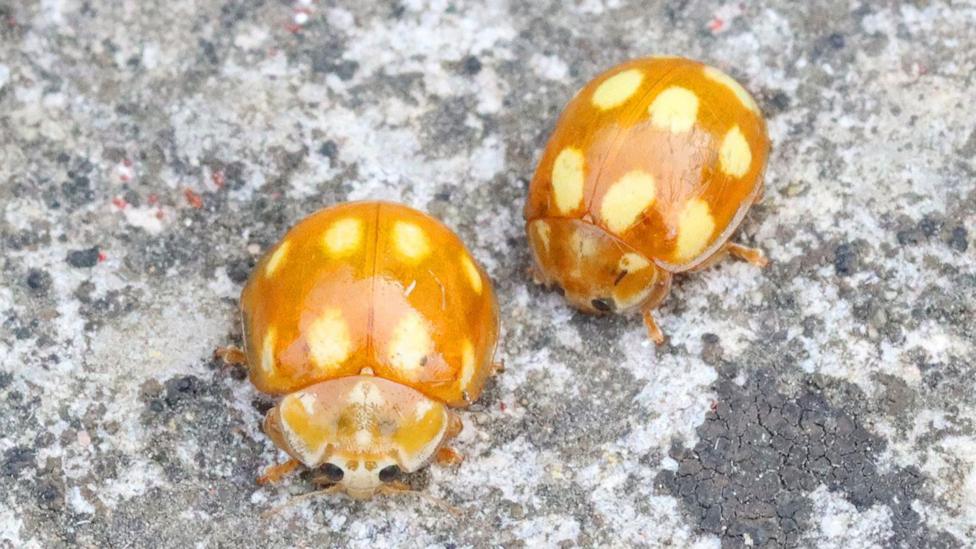Here’s this month’s action packed collection of links to items you may have missed.
Science, Technology, Natural World

It’s that time of year again, when the Ig Nobel Prize winners are announced.
Two articles:
Tipsy Bats and Perfect Pasta, from Scientific American. [££££]
Teflon diet, garlic milk and zebra cows from the Guardian.
And so to something else approaching reality … the oldest known ankylosaur fossil shows the creature was “bristling with spikes”.
I’m not sure this isn’t so obvious it qualifies for an Ig Nobel, but it seems that primates with longer thumbs tend to have bigger brains.
While on brains … apparently the brain’s body map is surprisingly stable even after you lose a limb. [££££]
Researchers have done an incredible amount of work to map out every nerve in a mouse. [££££]

And still with brains … here’s a look at what owning a cat does to your brain and theirs.
On top of which, like humans, cats can get dementia.
When is a dancing spider a different species of dancing spider?
One guy noticed that thousands of flies kept landing on an oil rig in the middle of the North Sea, and then leaving a few hours later.
How do you manage to track, find and record invasive Asian hornets in the UK?
Now a couple of items for the deep nerds out there … first, much of advanced maths and data analysis depends on Fourier transforms. But what is a Fourier transform?
Now here’s a look at conceptagion – the idea that an outbreak of “mass hysteria” can cause physical symptoms.
OK, so a shift of focus … there’s what appears to be a huge crater in the sediments at the bottom of the North Sea, which most scientists now think was caused by an asteroid impact.
So a robot lander may (or may not) have found signs of ancient life in Martian rocks – but we won’t know for certain at least until scientists get their hands on the samples.
Health, Medicine
The death of an American child shows just how measles can kill years after the initial infection. [££££]
Here’s some low-down on a virus almost everyone gets – HPV.
And here’s a short tutorial on immunology and the basics of vaccines …
… And a look at how hard it was for germ theory to become the prevailing understanding of infectious disease.
Environment & Ecology
A rare continental ladybird has been recorded for the first time in southern England.

History, Archaeology, Anthropology
Somewhat surprisingly there is a dearth of historical items this month …
First off, the story of human evolution is being radically changed by a Denisovan skull. [££££]
Here’s an introduction to a new(?) website of maps of some English cities showing the incidence of violence in 14th century.
Finally here … Ten things you maybe didn’t know about forks.
Food, Drink
The UK’s food system is based on keeping prices low, but recent droughts are showing up where and how this fails.
There are increasing concerns over the quality of our food, and here are some red flags on spotting chemical ingredients, kitchenware etc.
Which begs the question: do we actually know what we’re eating?
And how do we tell ultra-processed foods from minimally processed foods.
Lifestyle, Personal Development, Beliefs
Ladies … here’s a theory of why your husband “forgets” everything you tell him.
Here’s a piece on the Māori and their tradition of nudity.
And finally for this month, one young lady asks why nudity is such a big deal.

